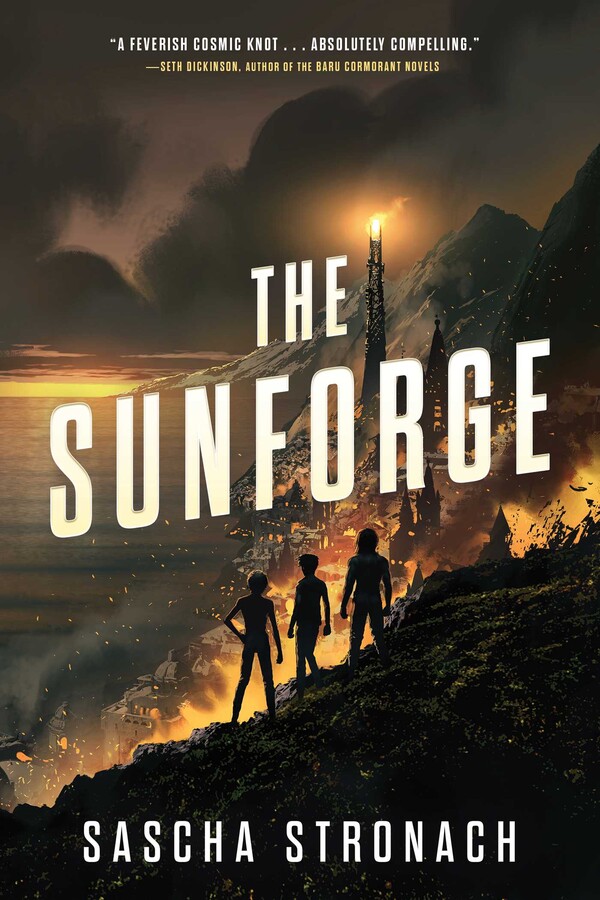There’s memories where I don’t go no more.
It’s like, uh – fractured.
There’s a house where I lived, and the door is locked. In autumn, in years gone, I made a wending way down a bridge my father made. It creaked and swayed beneath my feet, but I never once got wet. You know what lakewater smells like? It’s a little smell – so light in your nose you could mistake it for nothing. There’s thousand-dollar whiskey that works its ass off to bring you that smell, and it never quite feels like the real thing.
I caught a frog once. Usually you just caught tadpoles and let ‘em grow in a fishtank, but I caught an honest-to-god frog. It had been raining all night. The house was only big enough for me and dad, and the roof was corrugated iron he beat out himself. When it rained, the pattering jig of raindrops on that roof was our entire world. I went outside after the rain had cleared. Frogs all over the damn show – their dark little shapes hopping in and out of the mist. Real frogs don’t ribbit, they krrrrrrrrRRRRREEEE. Grabbed me the biggest frog while he was puffing himself up. He tried to lurch outta my grip, but I had him good. Ran inside with a croaking and wriggling frog, and dumped him in the fishtank.
By next morning, he’d eaten all the fish then died. Dad told me not to cry, because it was just a damn fish, or damn frog, or whatever. He checked the fishtank for damage, and found none.
School was an hour away. No busses or trains in our part of the world. There’d been a train station in the 60s, but it shut down when everything got privatised. I had to walk through the cold, and hug my cheap plastic raincoat tight. Dad showed me the way on my first day, then never again. Not once, for years. He said it cut into his work but I never saw him do anything but hammer nails and drink whisky. He didn’t hit me much, so that was good. He built things, and occasionally somebody from town paid for them. It kept us afloat, though never comfortable.
Came home from school one day and–
The memory just ain’t there. The door’s locked. I walked across the bridge, and it creaked beneath my feet. Creak creak kreeeeeeee–
There’s a house with red walls, in the middle of a lake. The door was locked. My father was inside, because of course he was. Drinking and hammering nails, with a faint smile on his face. I didn’t see him, but that’s what he always did. I crossed the bridge and opened the d–
Trying to remember is like punching mist; like dancing through waist-high water. I opened the door to see my father and he was–
‘twenty years I’ve tried to open that door. Sometimes I go years without dreaming it, sometimes I can barely get a night’s respite. I walk down the bridge and it moves beneath my weight. The little house is in front of me. The door is locked, but it isn’t. There was a frog, and it was too damn big for the fishtank so it ate all the fish and died. I don’t know how it died or why it needed to take the fish with it, but that’s just how things played out. Big frog, little tank — going mad surrounded by all that water and all those walls, then just gave up living. I know what my father did: people told me afterwards. I found him in our house, apparently. I walked an hour back to town and told my teachers.
I don’t remember any of it.
I remember a house on the lake. I remember rain on the roof, and frogs in the mist. I remember the bridge that creaked beneath my feat, and a door I opened–
